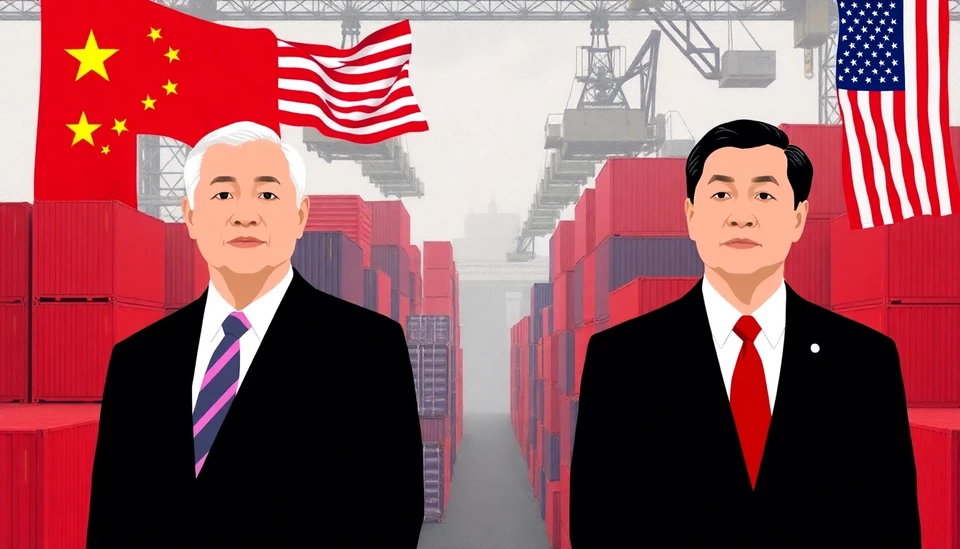
In a recent statement, former U.S. officials have raised alarms regarding China's substantial trade surplus, describing it as "too big to accept." These comments come amid ongoing tensions between the United States and China, particularly in the realm of economics and trade policy. The former officials argue that the growing trade imbalance poses a threat to global economic stability and could have far-reaching implications for international relations.
China's trade surplus has been a persistent issue, with the nation continuously exporting more than it imports. This surplus is particularly notable in sectors such as electronics, textiles, and manufacturing goods, with significant shipments to major markets including the United States and the European Union. Such an imbalance has sparked concerns that China is leveraging its manufacturing power to gain an unfair advantage in global trade, leading to allegations of currency manipulation and unfair trade practices.
The comments from ex-U.S. officials highlight a pivotal moment in U.S.-China relations, identifying trade as a focal point in diplomatic discussions. They suggest that the Biden administration should address these concerns head-on, advocating for a balanced trade policy that would seek to rectify the surplus issue. The officials express that merely engaging in dialogues is insufficient if the fundamental trade imbalance isn't addressed, emphasizing that a proactive approach is necessary to protect American industries and workers.
Furthermore, they stress that the implications of the trade surplus extend beyond economics, touching on national security and geopolitical stability. The former officials contend that a strong trade relationship should be mutual; however, they argue that China's export-driven growth strategy undermines that balance. As economies worldwide grapple with post-pandemic recovery, this issue gains renewed urgency, as countries are more aware of their economic dependencies and vulnerabilities.
This discourse comes in the wake of ongoing trade negotiations and tariffs that have been part of the fraught U.S.-China trade relationship over the past few years. The narrative has been shaped by years of confrontations under previous administrations, leading to a complicated web of tariffs and sanctions aimed at moderating China's trade policies. Critics of the current trade landscape argue that these measures have often been ineffective and have failed to bring about substantive change in China's trade practices.
As dialogues continue, the international community watches closely. While some view the trade surplus as a necessary byproduct of China's rapid economic ascent, others caution against its potential for escalating tensions into protectionism, which could further disrupt global supply chains and economic interactions. The voices of former U.S. officials serve as a reminder of the complexities involved in international trade, a matter that extends beyond mere numbers and fiscal reports.
In conclusion, the discourse surrounding China's trade surplus has become a significant point of contention in international relations, prompting calls for a reassessment of existing trade policies. The opinions of former officials underscore the importance of taking a strategic approach to address economic imbalances that could threaten global stability. With ongoing negotiations and adjustments to trade approaches, the future of U.S.-China trade dynamics remains uncertain, necessitating careful navigation in the months to come.
#ChinaTradeSurplus #USTradePolicy #GlobalEconomy #USChinaRelations #TradeNegotiations
Author: Daniel Foster
